
News • Implantable device for severe heart failure
Soft robotic heart: €10 million grant for research
The consortium Holland Hybrid Heart will receive €10 million to develop a soft robotic heart suitable for transplantation.

The consortium Holland Hybrid Heart will receive €10 million to develop a soft robotic heart suitable for transplantation.

Robots and AI are expected to play a key role in nursing practice in the future. In this regard, researchers from Japan ask whether intelligent machines can replace humans as nurses.
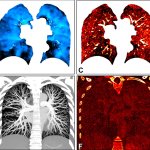
Photon-counting CT allows for a comprehensive, simultaneous evaluation of lung structure and function, something not possible with standard CT, according to a new study.

Scientists have designed an AI tool that can rapidly decode a brain tumor’s DNA to determine its molecular identity during surgery — critical information that can guide treatment decisions.
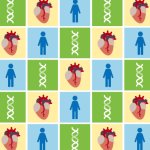
By using genetic data on multiple traits from people of non-European ancestry, scientists have improved the accuracy of polygenic scores in predicting disease risk for all.
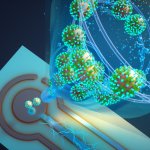
Combining aerosol sampling and ultrasensitive biosensing, researchers have created a real-time monitor that can detect any of the Sars-CoV-2 virus variants in a room in about 5 minutes.

Do coronavirus vaccines skew the menstrual cycle, cause more bleeding or pain? Anecdotal reports hint at a connection. Now, a new study led by Boston University provides answers.
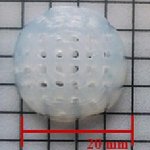
Researchers from Queen’s University Belfast have created personalised 4D printed “smart” implants for breast cancer management - a first for this technology.
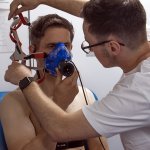
Ongoing research at the University of Roehampton, UK has identified the upper critical temperature (UCT) for humans - and why our bodies cannot handle more heat.

A new device could monitor and treat heart disease and dysfunction in the days, weeks or months following traumatic heart-related events — and harmlessly dissolve afterwards.
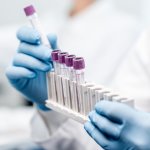
A research team at UCLA has made an important advancement to address one of the major challenges in cell-free DNA (cfDNA) testing, also known as liquid biopsy.
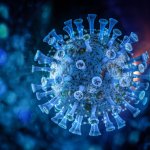
Research by the University of Southampton has shown that repeated Covid-19 vaccination increases the ability of lymphoma patients to prevent infection from the virus, particularly after four doses.
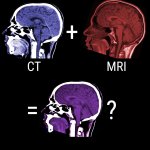
New research shows how AI can be used to fuse images from clinical X-ray CT and MRI scans to allow a clearer and more clinically useful interpretation of the images.
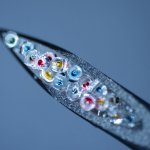
Missing crucial doses of medicines and vaccines could become a thing of the past thanks to Rice University bioengineers’ technology for making time-released drugs.

A new publication discusses deep-ultraviolet (DUV) photonics for the disinfection of Sars-CoV-2 and its variants (Delta and Omicron) in the cryogenic environment.

UK researchers find that digital health products, e.g. health apps, could make a substantial contribution to tackling NHS urgent care pressures, by keeping patients out of hospital in the first place.

More than half a billion people are living with diabetes worldwide, and that number is projected to more than double to 1.3 billion people in the next 30 years.
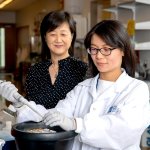
A new US-led study shows that astrocyte brain cells play an important role in promoting brain metastasis by recruiting a specific subpopulation of immune cells.

For proton radiation therapy against cancer, there is yet no direct method for mapping the beam range during dose delivery. A new method devised by Dresden scientists could help.

German scientists have developed a magnetically controlled soft medical robot with a unique, flexible structure inspired by the body of a pangolin, that could heat up to mitigate bleeding.
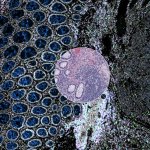
Researchers at Harvard Medical School developed a new tool that promises to improve the way pathologists see and evaluate a tumor by providing detailed clues about the cancer.
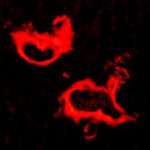
A research team from Barcelona studied the liver of Alzheimer's disease mice models, and demonstrated the importance of the liver-brain axis regarding the psychological symptoms of the disease.
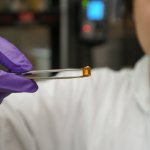
A gel that combines both stiffness and toughness is a step forward in the bid to create biodegradable implants for joint injuries, according to new research from the University of British Columbia.
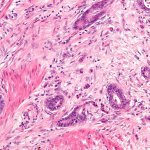
A mystery which has stumped bowel cancer researchers for decades, has been solved by scientists at the Cancer Research UK Beatson Institute and University of Glasgow.
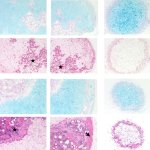
A Japanese research group has developed a method using iPS cell-derived mesenchymal stem cells (iMSC) to create cartilage spheroids, offering new possibilities for tissue repair.